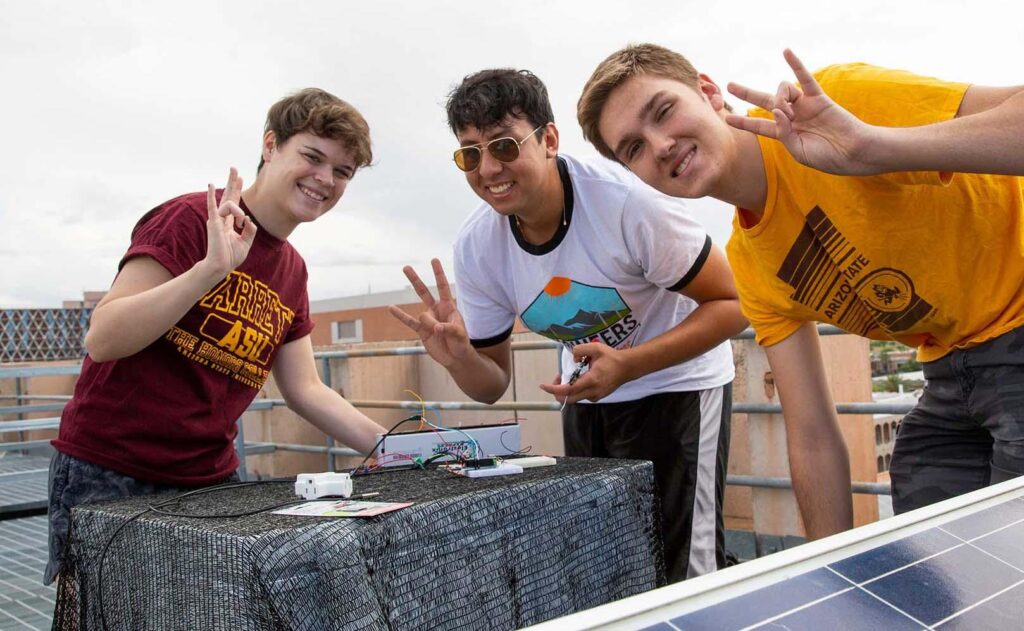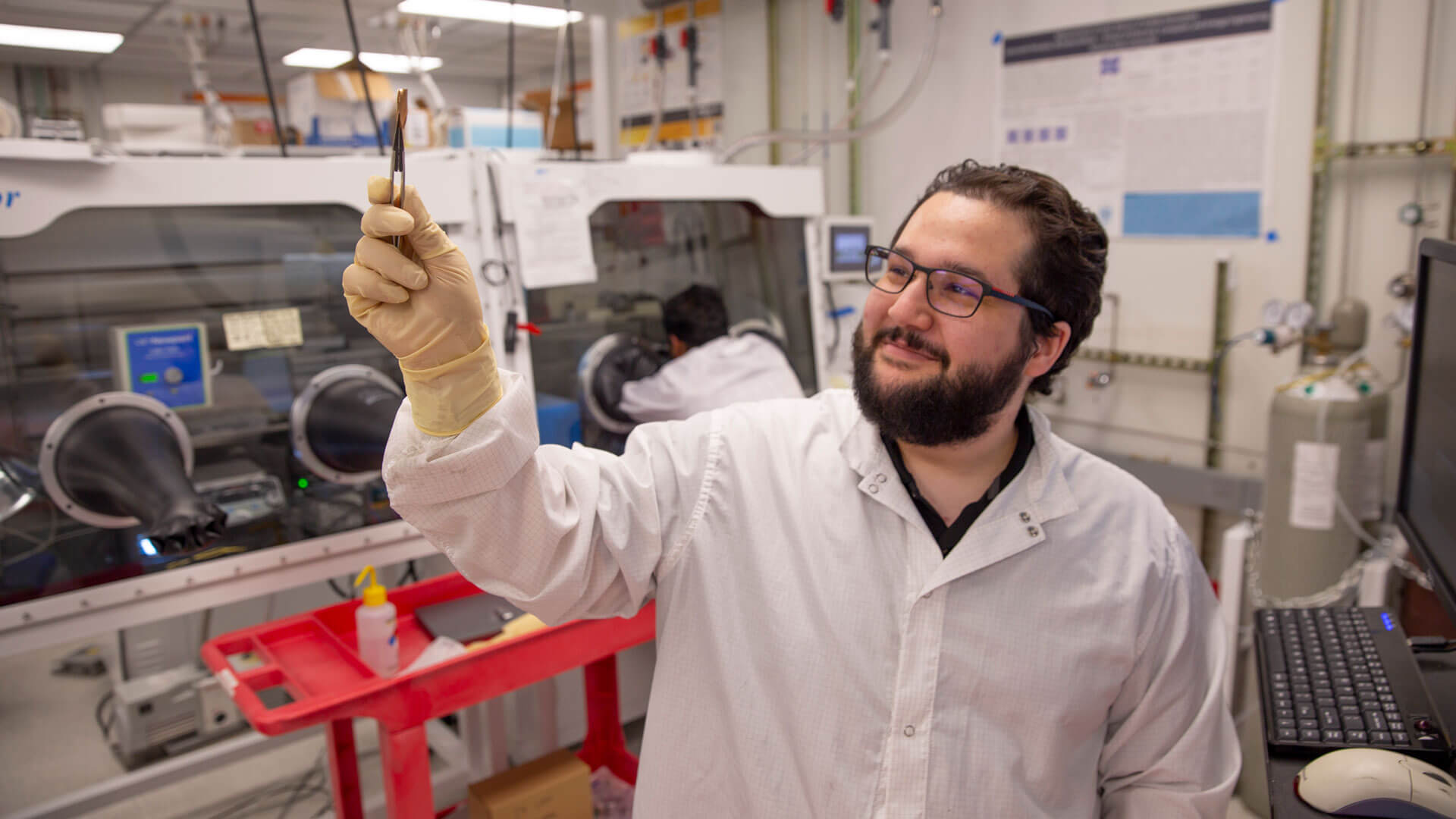
Undergraduate Research
By participating in undergraduate research, you will graduate with hands-on experience that shows employers or future graduate advisors that you are ready for the next step. Not to mention you gain confidence and make a difference!
We have one primary undergraduate research initiative: the Fulton Undergraduate Research Initiative, or FURI. Outside of FURI there are NSF-supported Research Experiences for Undergraduates (REU) experiences, as well as many, many others.
Check out those options, then visit the Research and Innovation page to find out about even more programs and clubs where you can conduct research as an undergraduate student!
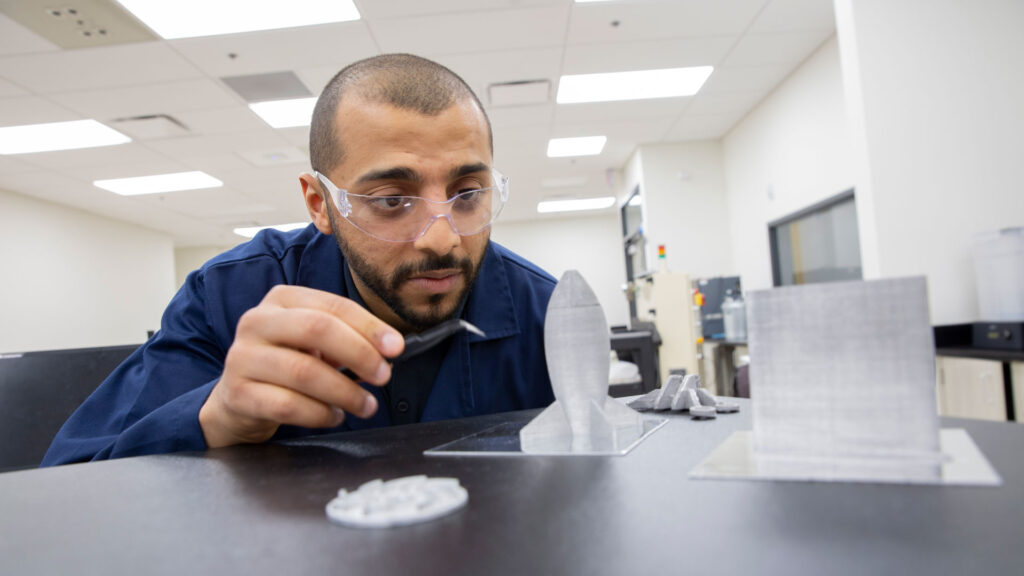
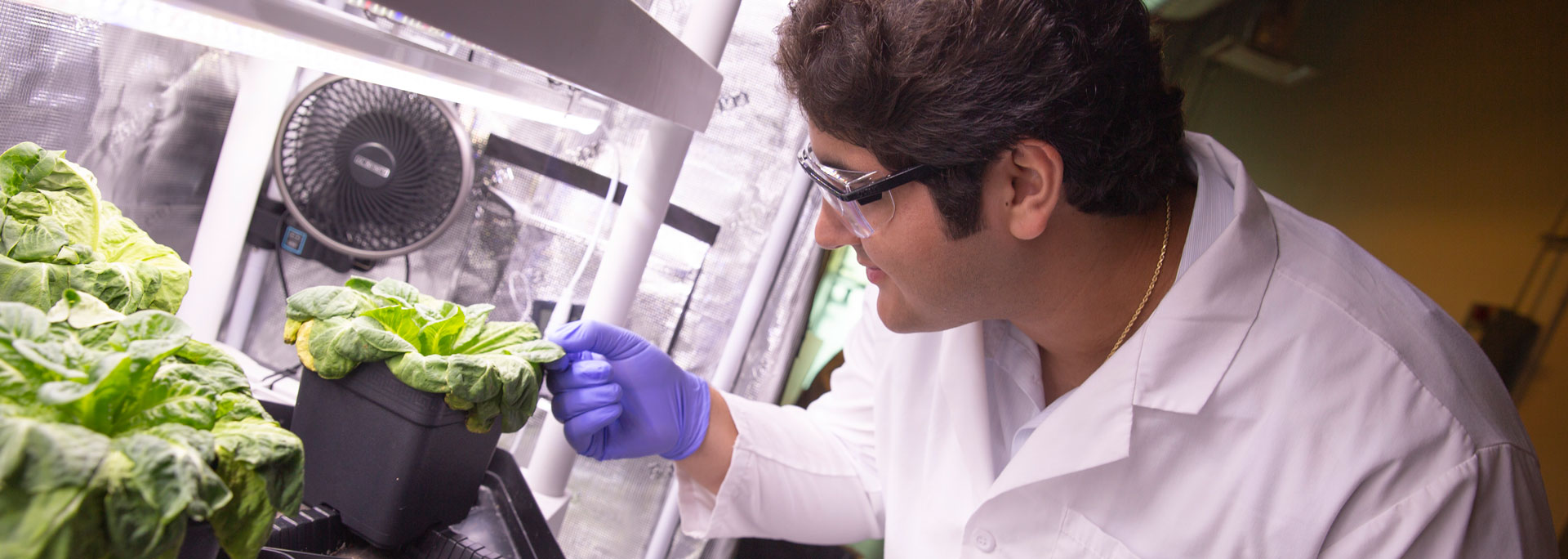
Fulton Undergraduate Research Initiative (FURI)
The Fulton Undergraduate Research Initiative is a Fulton Schools program aimed at enhancing the student engineering experience and technical education by providing hands-on lab experience, independent and thesis-based research and travel to national conferences.
Undergraduate students in the Ira A. Fulton Schools of Engineering are highly encouraged to pursue a research project during their studies.
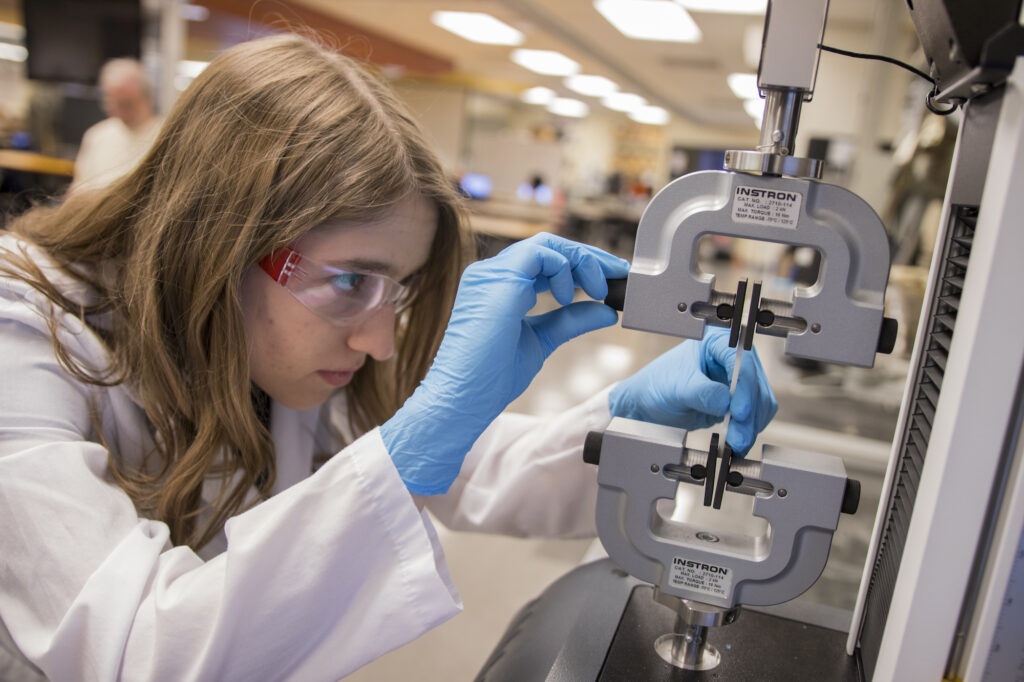
More undergraduate research opportunities
Experiential Learning Grant
You may apply for an Experiential Learning Grant (ELG) to partially fund travel expenses as part of your research experience, such as attending a conference to present your findings.

NSF REU program
Some faculty apply for grants which include a specific role for an undergraduate researcher, which is part of National Science Foundation’s Research Experiences for Undergraduates (REU) program. Visit the NSF REU student page to learn more and get a link to search for any openings at ASU.
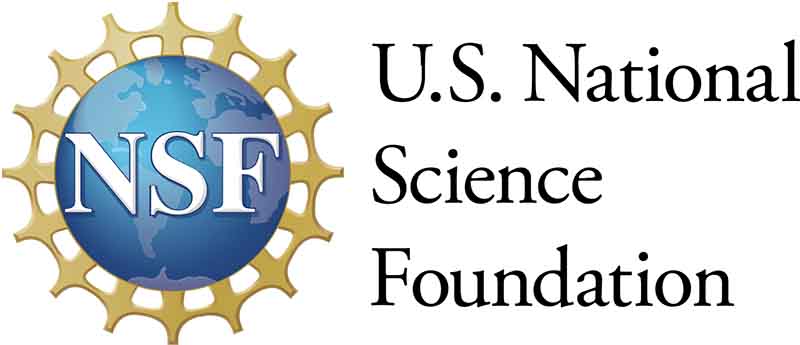
Barrett Honors students
If you are a student in Barrett, the Honors College, you may check out Barrett’s research opportunities, too.
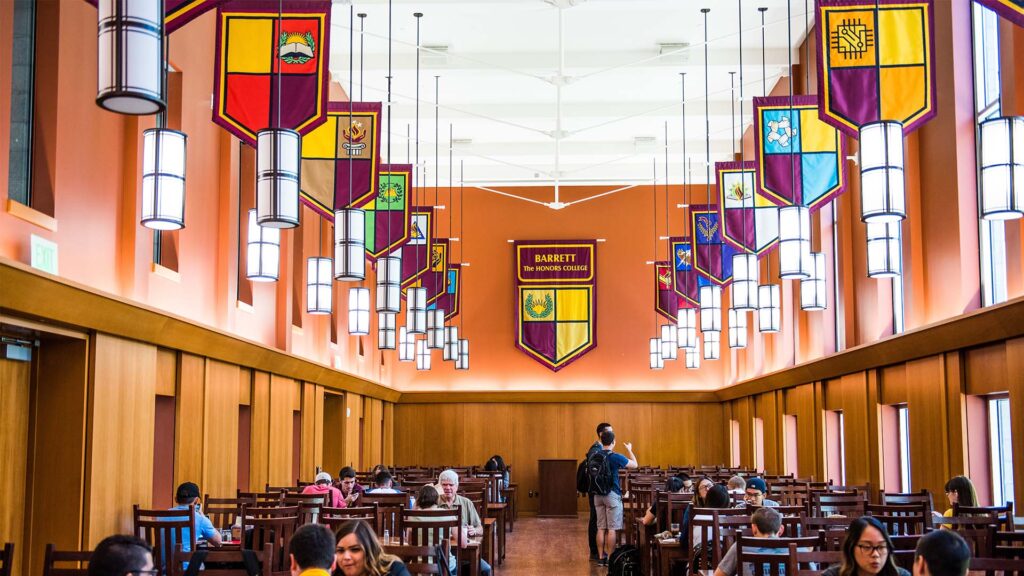
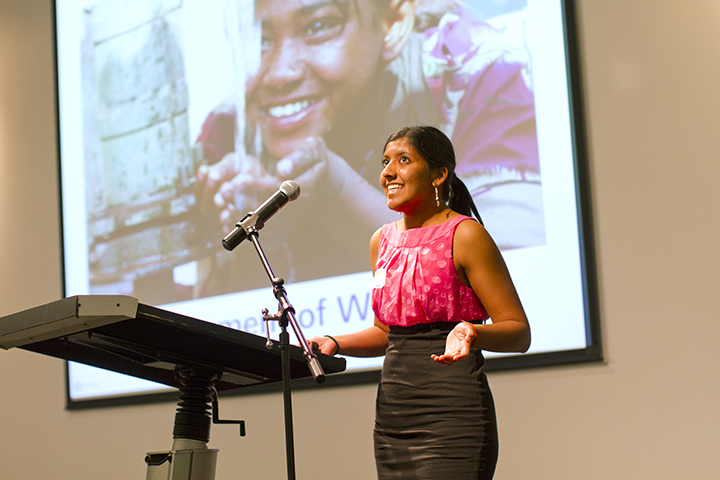
Become a Grand Challenges Scholar
The Grand Challenges Scholars Program provides undergraduate students with curricular and co-curricular requirements while being mentored by faculty and staff.
Grand Challenges Scholars work to achieve five competencies: Talent, Multidisciplinary, Viable Business/Entrepreneurship, Multicultural, and Social Consciousness.
GCSP students are eligible for a research stipend, the experiential learning grant, and participation in the Summer Institute.
UResearch: ASU’s undergraduate research hub
ASU highly encourages undergraduate students to actively participate in the year-round research activities offered at different schools. As an ASU student, you can access research and internship opportunities outside the Fulton Schools.
Learn more about ongoing projects, latest news, and how to get started by visiting the UResearch webpage.
